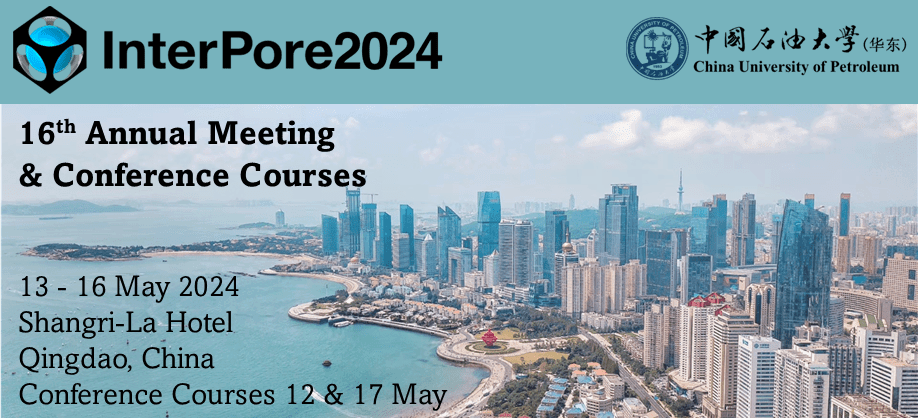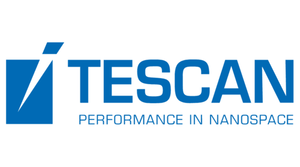Speaker
Description
Reservoir parameter inversion is an important technique in oil and gas exploration and development that can estimate the reservoir physical properties, such as skin factor and permeability, using observed data, such as well test data and production data. In this paper, we propose a physical accelerated neural network with multiple residual blocks (PRNN-Acc) for multiple parameter inversion of the seepage equation with a source term and a sink term. PRNN-Acc is based on the idea of physical residual neural network (PRNN), which uses deep neural networks to approximate the solution and parameter spaces of partial differential equations. PRNN-Acc adds multiple residual blocks to enhance the expression ability and flexibility of the network and avoid gradient explosion or degeneration phenomena. In addition, the input of PRNN-Acc is multiplied by three adaptive parameters, which can adjust the network training process according to the characteristics of the data and loss function and improve the accuracy and stability of the inversion. We use bottomhole pressure (BHP) data before and after shut-in as labels to invert multiple parameters for homogeneous and heterogeneous reservoirs. In this paper, three numerical experiments are designed. For homogeneous and heterogeneous reservoirs, the inversion results of this method are up to 36 times more accurate than those of PRNN. It is fully proven that the inversion effect of this method is better than that of PRNN.
| Country | China |
|---|---|
| Conference Proceedings | I am not interested in having my paper published in the proceedings |
| Porous Media & Biology Focused Abstracts | This abstract is related to Porous Media & Biology |
| Acceptance of the Terms & Conditions | Click here to agree |




.jpg)
